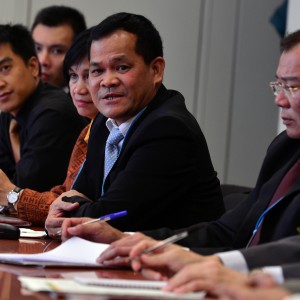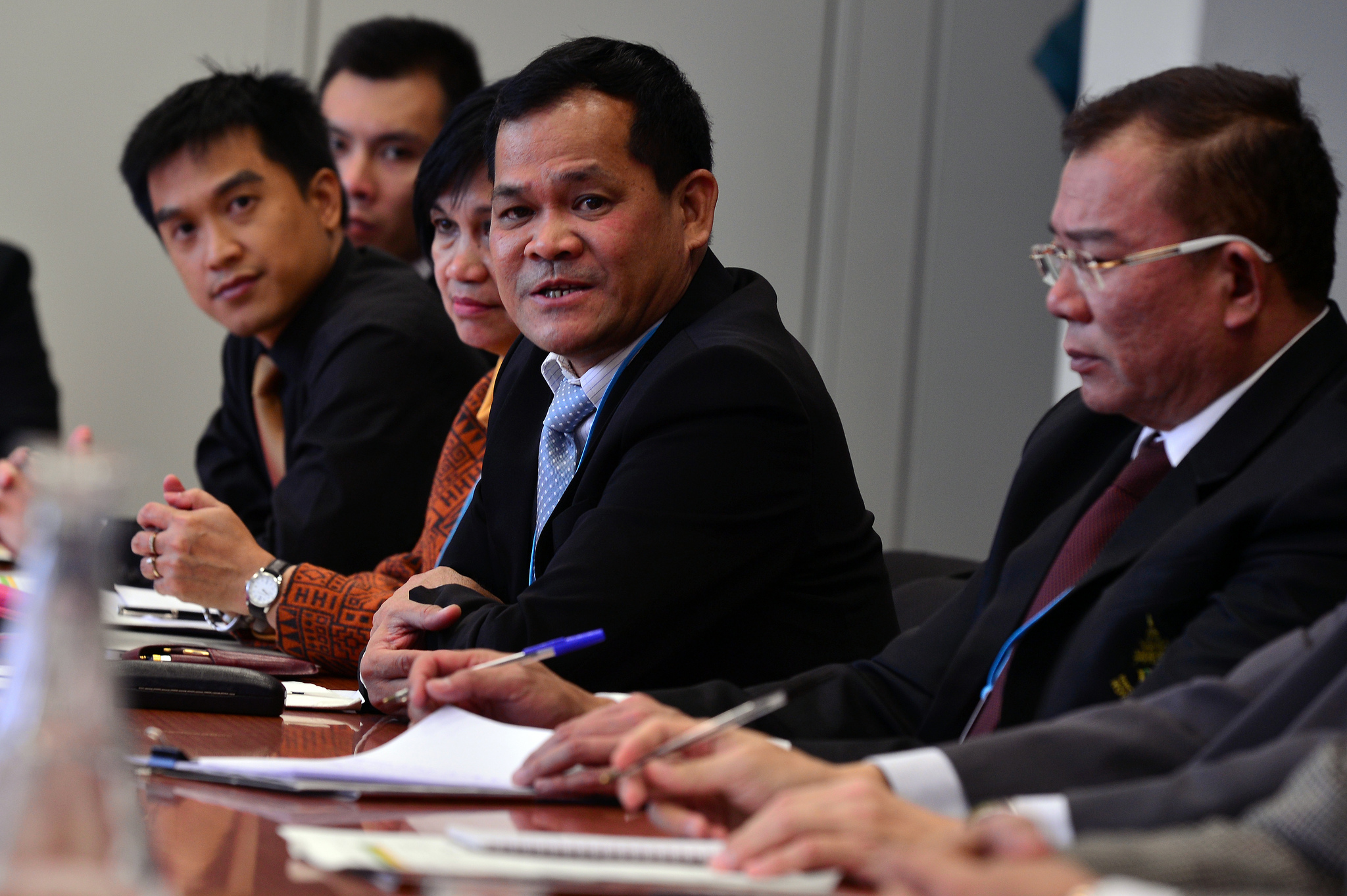According to a report from the global conservation group, The World Wide Fund for Nature (WWF) South-East Asian financial institutions are falling far behind their focus on responsible lending and corporate social responsibility. In comparison to its counterparts in China, Brazil, Hong Kong, and South Africa, experts are urging that this gaping hole must be addressed as it could cause adverse long term effects on the environment.
Singapore has responded in launching a second ‘Dialogue on Sustainable World Resources’ last week. This was organized by the Singapore Institute of International Affairs which focuses on solutions to three areas of corporate social responsibility (environmental, social and governance issues) when measuring sustainability and ethical impact of corporate investments.
Study Reveals Poor CSG Results for South East Asia
The study evaluates the extent to which some of the prime movers in the Southeast Asian market tackle issues on sustainability as integrated in their lending and investment initiatives. Singapore, Malaysia and Indonesia are noted to be the top three contenders in this area.
According to WWF, the report on “Sustainable Finance in Singapore, Indonesia and Malaysia: A Review of Financiers’ ESG Practices, Disclosure Standards and Regulations” is a comprehensive compilation of data made public by the subject financial institutions.
Banks from Southeast Asian countries such as, Singapore DBS, CIMB of Malaysia, and Bank Negara Indonesia, are the main focus of this report. This also includes Indonesian investment firms Employees Provident Fund (EPF), Permodalan Nasional Berhad, and Temasek.
It is important to note the growing palpability of environmental and social issues across Asia which puts social stability and economic growth at risk.
But according to the report filed by co-author and WWF Asia’s Finance and Commodities Specialist, Jeanne Stampe, banks are yet to be seen actively participating in addressing these concerns.
Of the 18 banks analysed and evaluated, only 4 apply ESG methods in exercising their credit processes. Three of these banks are from Indonesia while one is from Malaysia. Accordingly, only one of these banks have included a forest sector policy — the Bank Negara Indonesia.
Of all the banks mentioned, Singaporian bands found their way to the bottom of the pile. They were reported as the poorest in terms of generating statements and policies on ESG issues from its three local financial institutions — the DBS, UOB and OCBC.
This is comparison to slightly beter results from their Indonesian and Malaysian counterparts.
Public Pressure Grows for More Sustainable Future
Another disappointing conclusion was revealed in the investment sector with only 2 out of 12 investors disclosing their corporate social responsibility.
EPF and KWAP of Malaysia were the two investors who met CSG requirements, both clearly delineating the ESG expectations for their subsidiaries.
Singapore’s Temasek and Malaysia’s Khanzanah are considered the biggest institutional stakeholders and shareholders in local firms in their respective regions, with many of their investors owning a huge chunk of commodities and agriculturally oriented businesses. Such vast investment portfolios place huge responsibility on the institutions to adopt ESG principles.

